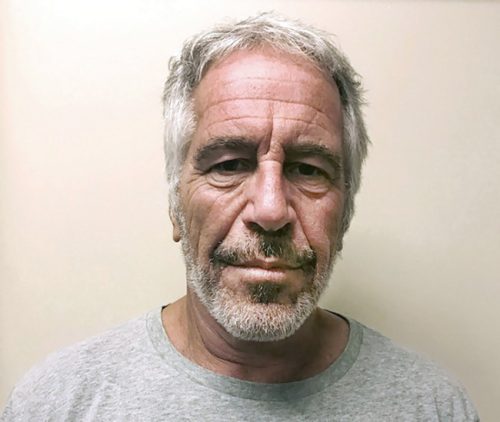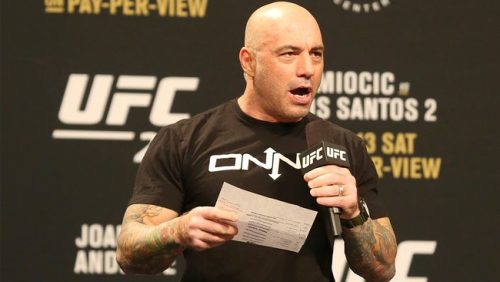A California mother lost her son to a drunk driver and is pushing Braun’s Bill to reclassify fatal DUIs as violent felonies, arguing the state’s current laws and overcrowded jails let repeat offenders roam free.
In January, Jennifer Levi and her 17-year-old son, Braun, survived the Palisades wildfire only to face a new tragedy months later when Braun was killed by a drunk driver. Braun was a nationally ranked high school senior planning to attend the University of Virginia to play tennis, a future that was erased in an instant. The contrast between surviving one disaster and then losing a child to avoidable violence has left the family reeling and determined to act.
The driver who struck Braun had several prior DUI incidents and a suspended license, and according to one report, “The driver had been previously charged with DUI in 2023 and was driving on a suspended license.” Because of how California handles DUIs and because of crowded jails, the alleged driver remains free on bail while charges are unresolved. That situation is what pushed Levi to turn grief into advocacy and to demand the state treat fatal DUI cases like violent crimes rather than routine accidents.
Levi formed the Live Like Braun Foundation and authored Braun’s Bill, aimed at making a DUI that causes death a violent felony in California. Under current state law a driver’s license is suspended for three years after a third DUI, which many advocates call far too lenient. Other states take tougher approaches, with multi-year suspensions or even permanent revocations after repeated offenses, and supporters of change point to those models as evidence California can do better.
“Our family is destroyed,” Jennifer said in an interview. “Everything just sort of happened to us,” she added through tears. Those exact words capture how sudden and total the loss has been, and they underline why she insists the legal label matters. For Levi, the legal distinction between accident and violent act affects sentencing, prosecutorial resources, and the message sent to would-be offenders.
Pat Rillera, regional director of Mothers Against Drunk Driving, put the problem plainly: “We have terrible laws in California that need to be fixed. If the governor took a look at California and decided that he wanted California to run differently as it relates to DUIs, I believe he could change that.” That perspective frames the debate as one of leadership and choice rather than inevitability. Supporters argue lawmakers and the governor can act to shift policy, protect the public, and hold repeat offenders accountable.
In January this family lost their home in the Palisades Fire, a few months later their son was tragically killed by a drunk driver.
Thanks to the soft on DUI laws in California, the driver had a previous DUI and was driving on a suspended license.
If that weren’t bad enough,… pic.twitter.com/3SFhMWKl57
— Kevin Dalton (@TheKevinDalton) November 12, 2025
Levi has said bluntly, “I feel like the state of California has failed us, and we have paid the ultimate price,” and she has vowed to fight for other families who might otherwise suffer the same fate. “Our family’s prepared to be disappointed,” she added. “All I know is that the only thing I can do is try to change it for other people, and to honor our son’s legacy.” Those are not quiet promises; they are the kind of relentless advocacy that can change public policy.
Levi and other advocates stress that reclassifying fatal DUIs as violent felonies would alter how prosecutors charge cases and how courts approach sentencing. Changing the statutory label could also affect parole eligibility and how seriously repeat offenders are monitored after release. For many in the movement, this is about creating a legal framework that reflects the conscious danger of driving drunk rather than treating deadly outcomes as mere misfortune.
“It’s not an accident. The person who killed our son made a choice,” Levi said. That line communicates a moral clarity at the heart of the proposal: driving drunk is a decision with foreseeable lethal consequences. With lives on the line and repeat offenders still on the road, Braun’s Bill aims to force California to respond by tightening penalties and prioritizing public safety.
When asked about potential legislative change, Governor Newsom’s office said sentencing is the purview of the courts, but that “the governor will consider any bill the legislature puts across his desk.” That leaves the ball in the legislature’s court, but it also signals that the executive branch is open to laws lawmakers choose to advance. Meanwhile, families like Levi’s are pushing to turn grief into legal reform so other communities do not face the same loss.






